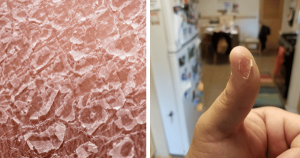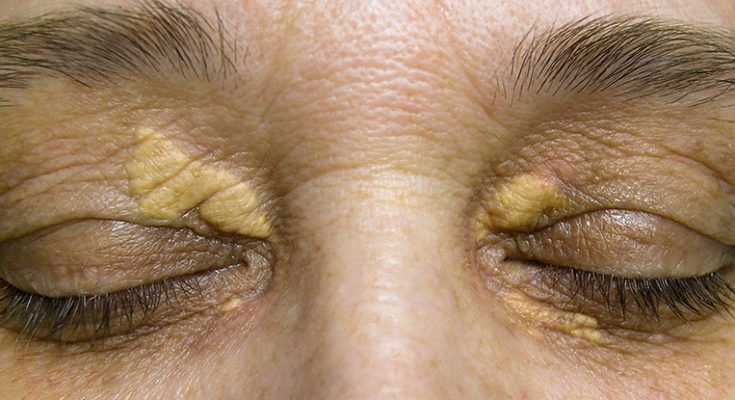Your Skin Can Reveal Hidden Health Issues — Here’s What to Watch For
Our skin is more than just a protective layer — it can actually tell us a lot about our internal health. Subtle changes in color, texture, or moisture can sometimes point to underlying conditions that need attention. Recognizing these signs early may help in identifying serious illnesses before they progress.
1. Dark Patches or Shadowy Areas

Have you noticed unusual darkening of your skin, especially around joints or scars? While it could be harmless, rapid or unexplained discoloration might be linked to adrenal gland issues such as Addison’s disease. Other symptoms can include fatigue, muscle weakness, or low blood sugar. If you notice these signs, it’s best to check in with your healthcare provider.
2. White Patches or Skin Discoloration

If certain areas of your skin have turned lighter or lost pigment, it may be a sign of vitiligo, a condition that affects the cells responsible for producing skin color. A dermatologist or endocrinologist can recommend suitable treatments to help manage it effectively.
3. Persistent Rashes

Rashes that appear frequently or don’t go away may signal allergies, medication reactions, or infections. In rare cases, severe rashes may be associated with serious conditions such as Stevens-Johnson syndrome or Lyell’s syndrome. If your rash spreads or causes pain, seek medical help right away.
4. Swelling or Puffiness (Edema)

Constant swelling — especially around the eyes, face, or legs — can indicate a thyroid imbalance, such as hypothyroidism. Other common symptoms include dry skin, hair thinning, and unexplained weight gain. Your doctor can order simple tests to confirm the cause and suggest treatment options.
5. Moles and Skin Growths
Most moles are harmless and part of your genetic makeup. However, if a mole suddenly changes in size, shape, or color, or becomes painful or itchy, it’s important to have it checked by a professional. Early detection makes a big difference in treatment success.
6. Acne and Breakouts

While acne is often related to oily skin or hormonal shifts, chronic breakouts might also reflect digestive issues or lifestyle factors. A good skincare routine — along with proper hydration, balanced nutrition, and expert advice — can help you achieve clearer skin.
7. Dryness and Flaking
Peeling or flaking skin could result from allergies, vitamin deficiencies, or hormonal imbalances. If dryness is accompanied by other symptoms such as fatigue or swelling, a healthcare professional can help identify any underlying causes.
8. Excessive Sweating
Sweating heavily without physical activity might point to Graves’ disease, an overactive thyroid condition. This can also lead to fragile or itchy skin. If you’re experiencing frequent sweating episodes, it’s worth getting checked out.

Final Thoughts
Your skin can serve as a mirror to your internal health. Paying attention to small changes — from color shifts to texture differences — can help you stay one step ahead of potential issues. If something feels off, trust your instincts and reach out to a qualified medical professional.
Have you ever experienced a skin change that turned out to be something more? Share your story or thoughts in the comments below!




